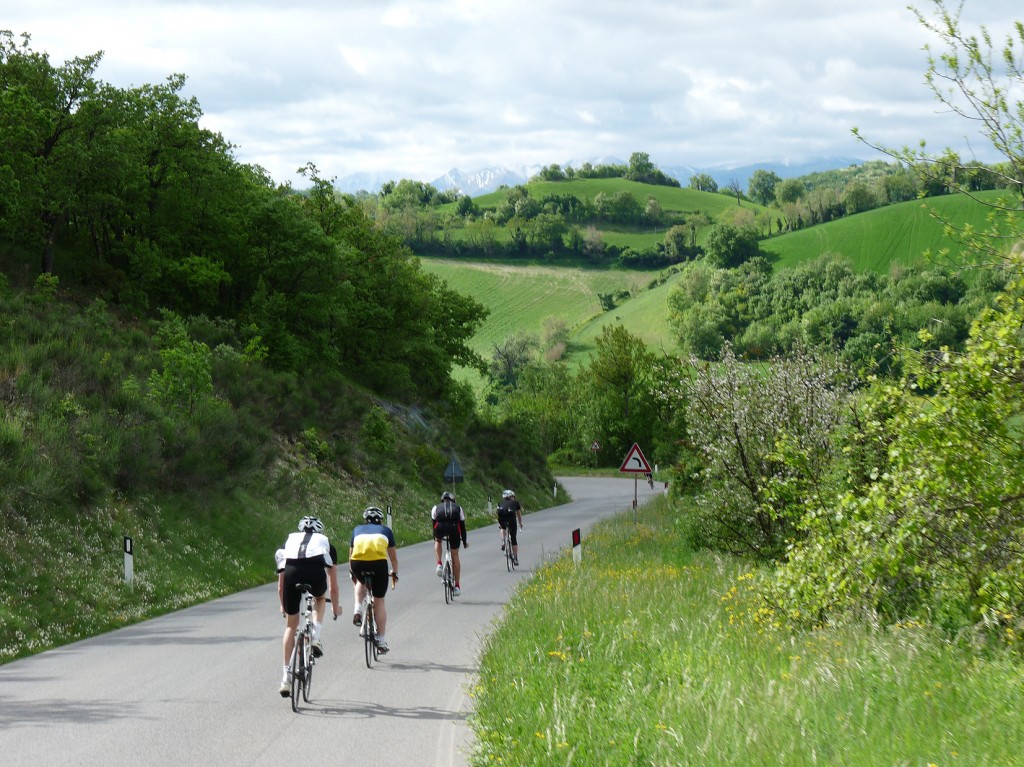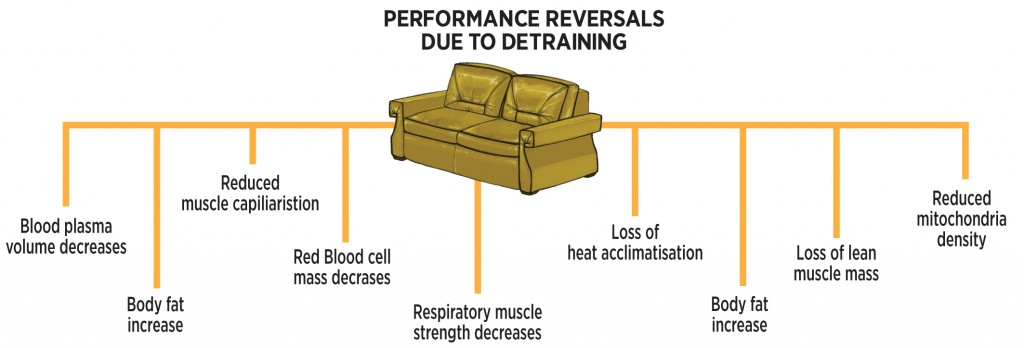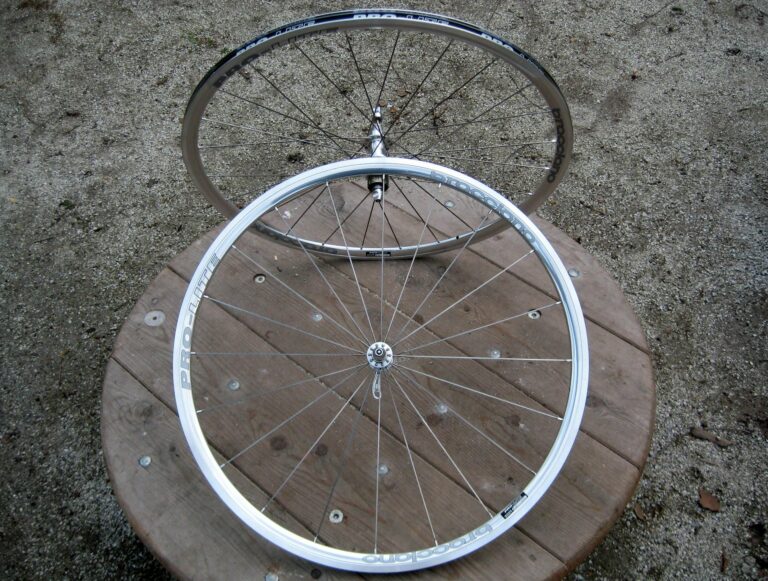
Been training? Getting fitter? Feel better than you ever have before? Unfortunately getting to this point was the easy bit; staying there is something else all together
Over the past few articles we’ve looked at how applying the ‘principles of conditioning’ and gradually increasing your training volume and intensity makes you a better rider, but only if you factor in sufficient recovery periods to allow training adaptations to take place. This week we’re going to take a look at what happens when, for whatever reason, you stop training and everything starts to go in the opposite direction.
Principles of conditioning 5: Reversibility
As the name suggests this is a condition whereby instead of seeing training adaptations, things start to go backwards and you lose your hard-earned fitness gains. While this is understandable when undergoing a complete lay-off, due to illness or extended periods of unavailability for training, it can also take place, worryingly, when you are seemingly training quite hard.
Basically, what happens when you follow a periodised training plan is that you work on various components of fitness and performance at different times of the training year. The problem is that certain disciplines (and road racing is a prime example) require that you perform well in so many areas that it’s hard to work on them all. And it’s when you prioritise improvements in one particular area that reversibility in others is a danger.
For example, let’s say you undertook a period of training intended to develop your sprint capability because the local road race you always enter usually comes down to a bunch finish. A period of time dedicated to sprinting more efficiently would bring training adaptations and you’d happily move on to develop some other element of your performance safe in the knowledge that your sprint was better.
The problem is that any performance gains made in your sprinting would quickly start to diminish unless you kept at least a maintenance load of sprinting focus in your training. This is ‘reversibility’ – the fact that, if you don’t ‘use it’, you’ll ‘lose it.’ And it applies to every aspect of your riding from basic aerobic endurance right up to technical bike-handling skills.
Off-road racers such as cyclo-cross or mountain bike competitors will tell you that if they don’t ride off-road regularly they ‘become rusty’ and as well as the physical de-training that can occur they lose the essential bike handling skills needed for their events. And road racers often need a few races early season before they ‘sharpen up’ tactically and re-discover the mental faculties needed to read the race accurately.
The amount of reversibility reflects largely the amount of time spent in developing the system in the first place. So aerobic endurance gains, which are built over many weeks and months in the pre-season, take much longer to lose than top end speed and power or short term muscular endurance, which are developed over a much shorter period of time in the early part of the season. It always amuses me when I see riders wringing their hands in desperation when they miss a couple of days training with a virus mid-winter, convinced that the aerobic endurance built over a period of months and many hundreds of miles is going to disappear completely in just a few days off the bike.

Longer periods off from training are more of a problem and genuine long-term reversibility will take place. Look at our diagram and you’ll see a whole host of aerobic characteristics going south due to ‘detraining’ or not continuing to overload and progress on your training. And that’s before you start considering the psychological, technical and tactical elements or the higher-end intensity adaptations that are much more quickly lost.
The implications then are clear. Make sure that, when switching training focus, maintenance sessions are included to avoid reversibility in the areas that are not prioritized. Continue with occasional shorter aerobic endurance rides when working at threshold or above. If you spent a large part of the off-season working on strength, make sure you do a short programme of strength exercises regularly. And keep practicing the technical aspects of your riding at all times.
Training races
You often hear racers refer to events as ‘training races’ and often for the wrong reasons. Training races, as the term suggests, should always be about getting some sort of ‘training’ effect and not merely an excuse to sit in a bunch of riders and not worry about the result. Used correctly training races are a great way to offset many of the problems of reversibility.
Technical and psychological skills can be maintained and practiced in training races where the results are not so important as a targeted or ‘A’ race. Many racers also include the odd sportive in their summer race programmes. This is in order to maintain the aerobic base built in the winter in a more interesting event than simply bashing out the miles solo. So look around at other events and see how they can be used as training and the opportunity to avoid reversibility.
About the author:
Huw Williams is a British Cycling Level 3 road and time trial coach. He has raced on and off road all over the world and completed all the major European sportives. He has written training and fitness articles for a wide number of UK and international cycling publications and websites and as head of La Fuga Performance, coaches a number of riders from enthusiastic novices to national standard racers.
Contact: [email protected]



